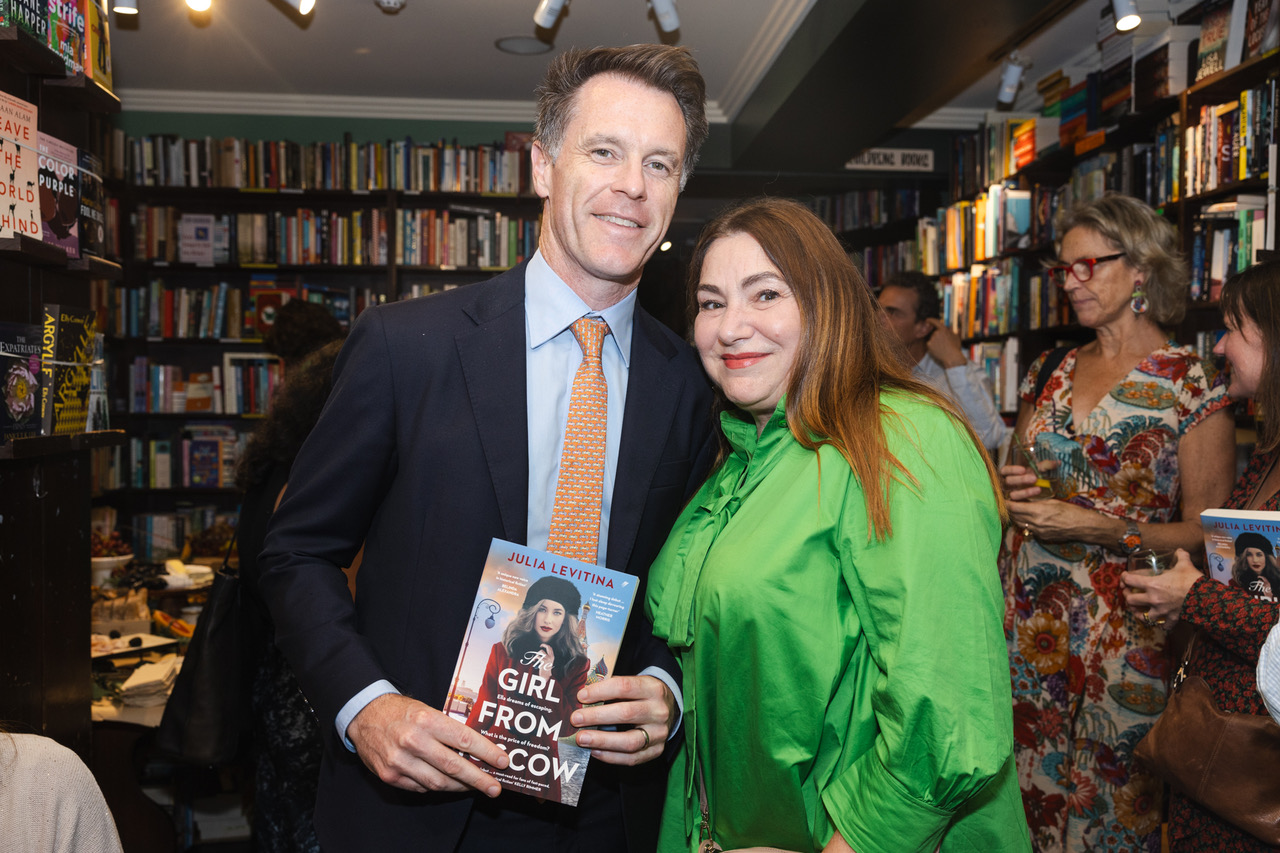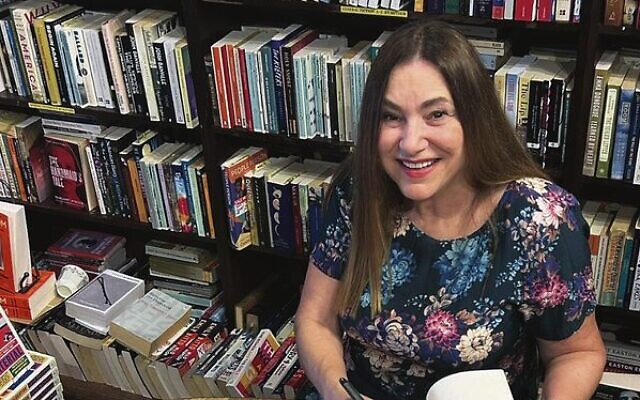A story about being Jewish in the USSR
The story is set in 1983 in Moscow, where 21-year-old Ella Ashkenazi dreams of playing Natasha Rostova in War and Peace at the Moscow Theatre Academy
In Julia Levitina’s debut historical fiction novel The Girl from Moscow she tells of the yearning of a young Jewish woman for a better life outside of the Soviet Union.
The story is set in 1983 in Moscow, where 21-year-old Ella Ashkenazi dreams of playing Natasha Rostova in War and Peace at the Moscow Theatre Academy, but when she finds herself in the middle of a protest, she attracts the glare of the KGB. Labelled a traitor, she yearns to escape the Soviet Union.
While a work of fiction this tale is close to Levitina’s heart, inspired by lived experience of having grown up in Moscow. Speaking to The AJN, Levitina said, “I grew up in Moscow in the 1970s and 1980s during the period of stagnation that preceded dissolution of the Soviet Union. As a teenager I used to go to Sheremetyevo International Airport and dream of breaking free and escaping to the West.”
She added, “There was no equality in the USSR – the newspapers and TV had lied. The ability to speak English opened up the world for me but I needed to be careful. I listened to the Voice of America hiding under a blanket so the neighbours wouldn’t report me.”
Regarding being Jewish in the USSR, Levitina said, “As a Jew there was the added pain of being treated like a second-rate citizen in the country of my birth and having ‘Jewess’ stamped on my Russian passport.”

In the novel, the characters also discuss Jews leaving for Israel and the imprisonment of Natan Sharansky. The lead character’s unintentional attendance at a protest for Sharansky is what brings her to the attention of the KGB.
As to what she hopes readers will take away from her novel, Levitina said, “I hope readers feel more empathy towards Soviet Jewry and find a deeper understanding of what it was like to be Jewish and a refusenik in the USSR during the 1980s.”
On this story’s contemporary relevance, Levitina commented, “One of the reasons why I wrote The Girl From Moscow was that I wanted to tell the truth about the evil empire of the Soviet Union, which the world thought had disappeared. It is disturbing to see that Russia under Vladimir Putin has resurrected Stalin’s regime and is threatening world democracy. The suspicious death of Alexei Navalny shows how Putin can act with impunity and without any regard for human suffering. When I flew out of Moscow in June 1991 on my way to Australia, I thought the evil empire was gone forever. Unfortunately, with the unjust war raging against my mother’s birthplace – Ukraine, we see otherwise.”
Since leaving the Soviet Union, Levitina has created new life for herself in Sydney, and is married to Walt Secord, former NSW Labor frontbencher and long-serving former deputy chair of the NSW Parliamentary Friends of Israel.
Given that English is not Levitina’s first language this novel is a significant achievement, which has attracted high praise, with Heather Morris, author of the Tattooist of Auschwitz, writing, “A stunning debut novel … She has created a thrilling atmosphere of the insidious threat communist Russia posed, not to its enemies, but its own citizens.”
The Girl from Moscow is available now from Pantera Press.


comments